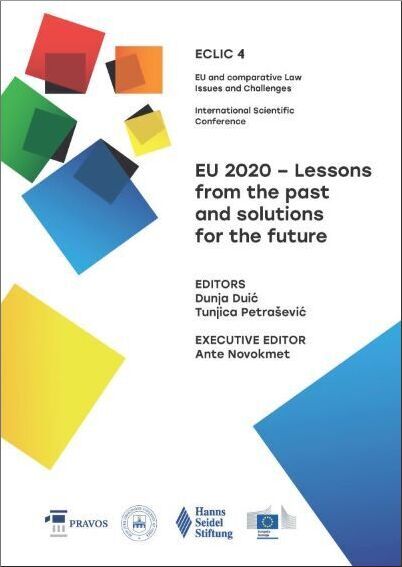TO CONTINUE OR TO GIVE UP THE PROSECUTION? CRIMINAL POLICY ASPECTS REGARDING THE PUBLIC INTEREST IN THE ROMANIAN PROCEEDINGS
DOI:
https://doi.org/10.25234/eclic/11911Abstract
To punish or to forgive? This is the problem that the state has to answer every time it faces the violation of the criminal law norms by a certain individual. The obligation to take criminal responsibility, to collect evidence ex officio, to initiate the procedures for sanctioning those who commit such acts become notions attenuated by the possibility of appreciating the opportunity of criminal prosecution. As noted in the doctrine, referring to the Resolution of the Fourteenth International Congress of Criminal Law in Vienna of 1989, “the need for a social reaction to the small crime (petite delinquance), understanding here the facts that formally they fulfill the conditions of an offense, but that by the minimum attainment brought to the social values does not justify the application of a punishment, has determined to find alternative solutions to the criminal penalties.” Therefore, depending on the ethical specificity we are in, different alternatives to criminal prosecution will have to be implemented, as it will not be possible to prosecute any criminal act, even of very small significance. In this regard, it was established at European level that “prosecutors should consider, if appropriate and in accordance with the law, alternatives to criminal prosecution”. One of the main ways of accelerating the criminal process is to give up the criminal prosecution, expressly regulated by the Code of criminal procedure in the provisions of art. 318 Criminal Procedure Code starting with 2014, thus outlining a special form of stopping the criminal process.
Downloads
Published
How to Cite
Issue
Section
License
Copyright (c) 2020 Matei-Ciprian Graur

This work is licensed under a Creative Commons Attribution-NonCommercial 4.0 International License.
Authors retain the copyright on the papers published in the Journal, but grant the right of first publication to the Journal. Papers accepted for publication or already published in ECLIC of the Faculty of Law in Osijek may be published by the author(s) in other publications only with proper notice of its previous publication in ECLIC.


